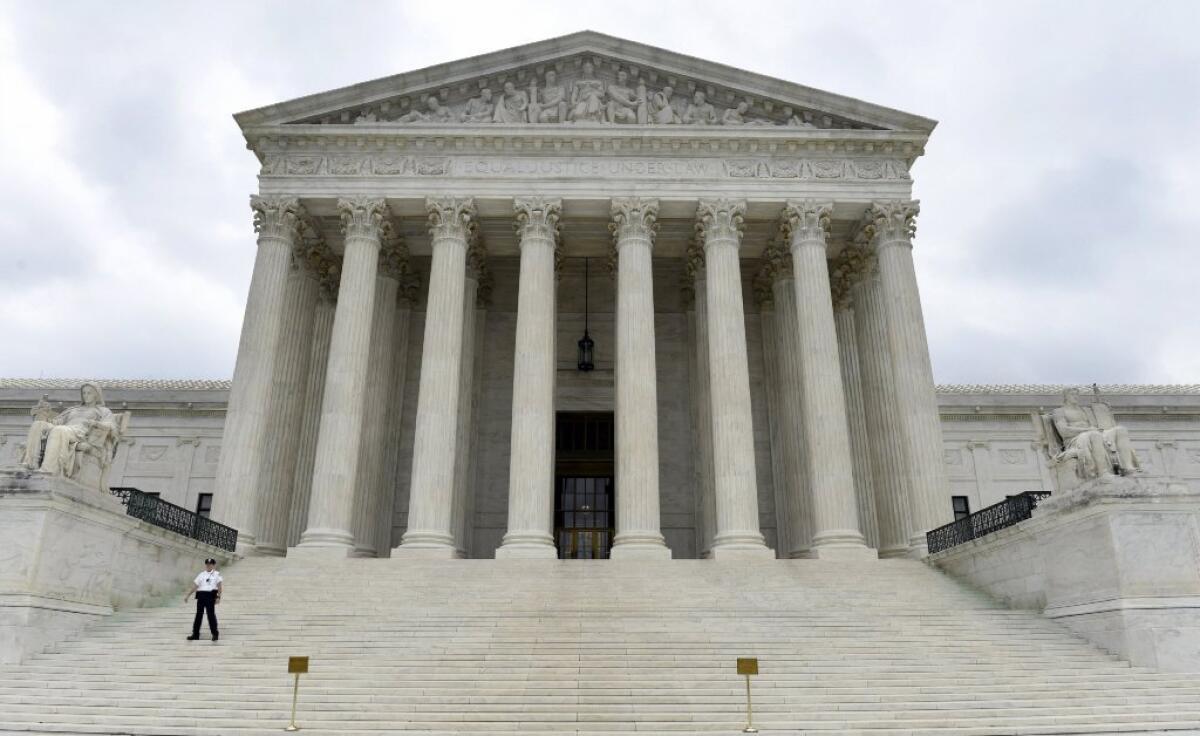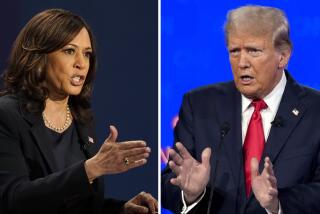Opinion: Making us wait to listen to Supreme Court arguments

On April 28 the Supreme Court will hear lawyers debate two monumental questions: “Does the 14th Amendment require a state to license a marriage between two people of the same sex?” and “Does the 14th Amendment require a state to recognize a marriage between two people of the same sex when their marriage was lawfully licensed and performed out of state?”
The good news is that ordinary Americans also will be able to listen to the historic arguments that day, albeit on a slight time delay. The court has announced that audio recordings of the proceedings will be uploaded to its website by 2 p.m. EDT. C-SPAN has already announced that it will broadcast the arguments that day.
Other radio and TV operations will be able to air excerpts from the arguments – and the justices’ questions – on their evening newscasts. Some of the justices disparage these snippets as “sound bites” and worry that they are sensationalized. But sometimes a few seconds can speak volumes about what’s on a justice’s mind.
That was the case with a notorious comment by Justice Antonin Scalia during oral arguments in 2012 over the constitutionality of the Affordable Care Act. Questioning the solicitor general about the law’s requirement that individuals purchase health insurance, Scalia said: “Could you define the market -- everybody has to buy food sooner or later, so you define the market as food, therefore, everybody is in the market; therefore, you can make people buy broccoli?”
But here’s the bad news: The same-day audio in the marriage cases – as in the original Obamacare arguments – is an exception to the rule that audio recordings aren’t posted until Fridays during weeks in which the court sits. The arguments themselves take place on Mondays, Tuesdays and Wednesdays, which means that the “sound bites” are pretty stale by the time anyone can use them.
And while the court releases same-day audio in some high-profile cases, it refuses to do so in others. For example, audio of a March 4 argument in another case involving the Affordable Care Act wasn’t posted until March 6. That argument involved a claim that federal subsidies shouldn’t be available to people who purchase health insurance through exchanges established by the federal government rather than by a state.
The consequences of the eventual decision in that case will be far-reaching, even if not as transformative as a potential decision in favor of marriage equality. Yet the court said no to same-day audio. Why? Your guess is as good as mine. But perhaps the court, knowing that it would be under pressure to release same-day audio in the marriage case, decided that it didn’t want to give the public and the media too much of a good thing.
That’s indefensible. Yesterday’s news about the Supreme Court is just a stale as yesterday’s news about anything else.
We get that the justices aren’t about to welcome television cameras to their courtroom, but audio of arguments have been released for years with no negative consequences. Forcing journalists to wait until the end of the week to broadcast those arguments is petty. Audio of all arguments – high-profile or not – should be released the same day.
Follow Michael McGough on Twitter @MichaelMcGough3
More to Read
Sign up for Essential California
The most important California stories and recommendations in your inbox every morning.
You may occasionally receive promotional content from the Los Angeles Times.











